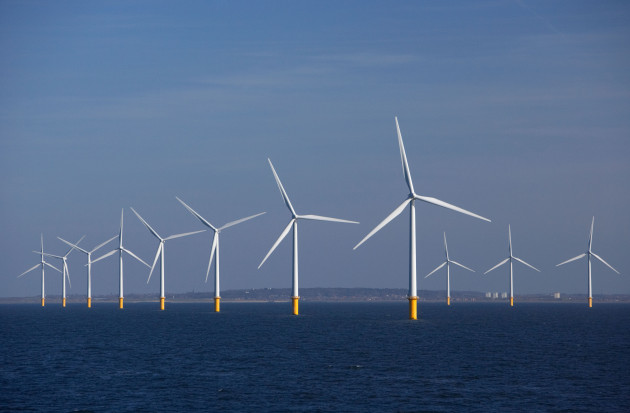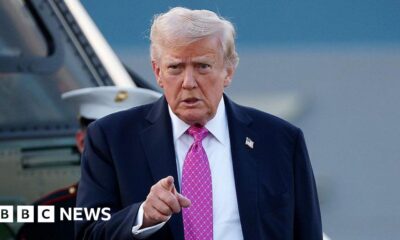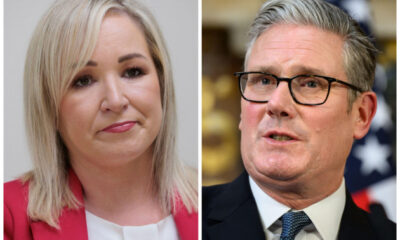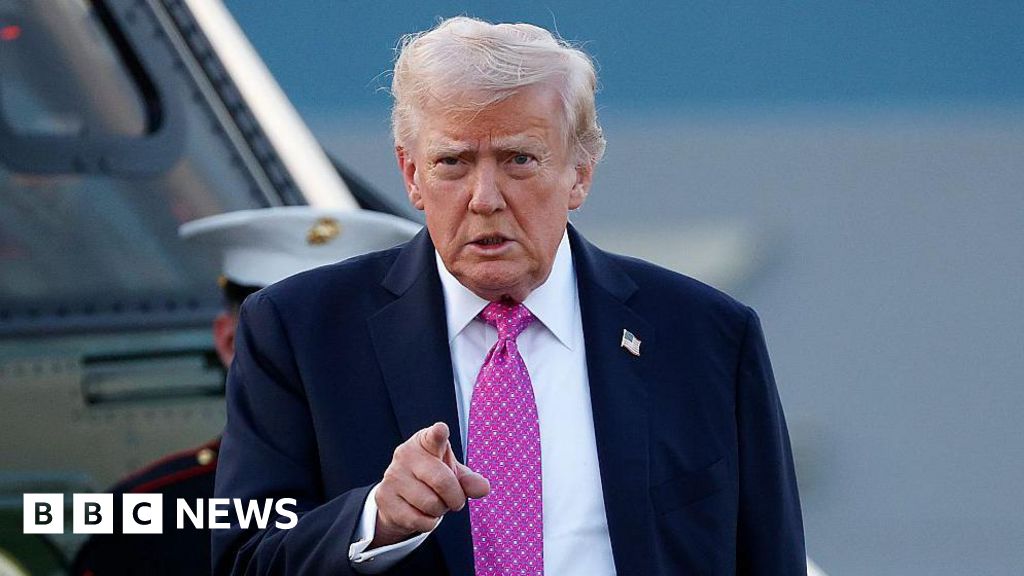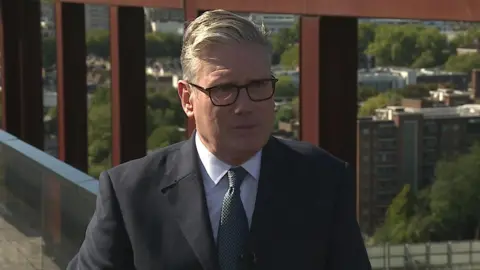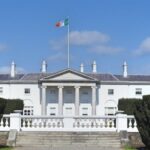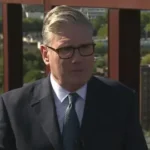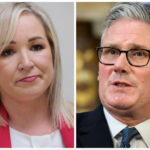THE HUGE ENERGY demands of artificial intelligence (AI) means Ireland needs to get large-scale wind farms “over the line”, according to the Taoiseach.
Speaking in New York this week, Micheál Martin said Ireland’s focus over the next number of years will be ramping up production of offshore wind energy.
“We just have to get those off-shore wind farms over the line, because that is the key for our self reliance and independence in terms of energy, and also then it would enable us to have some future in terms of AI, because AI will use an enormous amount of energy, and we’re currently in difficulty on that front,” he said.
Ireland is the data centre capital of the world with 89 data centres, with more than 40 in the pipeline.
Many data centres are located close together in business and industrial parks on the outskirts of Dublin.
The proximity of these energy-demanding buildings puts further strain on the electricity grid.
The Irish grid is already under the most pressure in the EU from data centres, accounting for 18% of the national electricity consumption.
“In Ireland, the big issue for us will be offshore wind. We have already proven the impact of renewables in terms of our onshore wind performance over the last 20 years,” he said.
“It represents a very substantive part of our energy now. I think the offshore wind is the next big one for us,” he said.
The Taoiseach’s comments come after US president Donald Trump told the United Nations that European countries are “going to hell” for pursuing green energy policies, such as wind energy.
Martin said Ireland does not agree with Trump’s assertions, stating that European countries have shown already that renewable energy is successful and sustainable.
The Taoiseach noted that in previous years there was a “palpable change when the US administration came back on board” to the Paris Climate Agreement.
“We would disagree with the US administration on this. We believe in the science, and also we believe that there are economic opportunities as well. From a public health perspective, which rarely gets mentioned, there’s huge gains,” Martin said.
“So, if you take fossil fuels out of the equation, ultimately we’re all living healthier lives and so on. But there are challenges to that. So we have to be all-in. We have to listen to contrarian voices on it too.”

